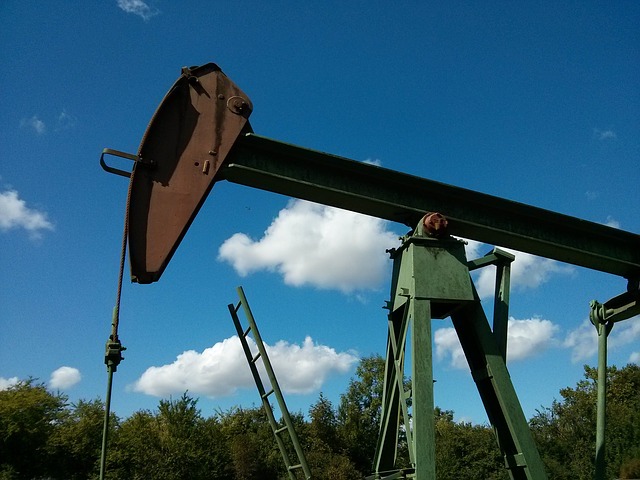Oil prices continued to soar at the beginning of the week. The price of a barrel of North Sea Brent rose again since Friday last week by 1.65 U.S. dollars, the price of a barrel of West Texas Intermediate even by 1.95 U.S. dollars.
At times, oil prices even reached their highest level in seven years, but why are prices so high right now?
Generally tight supply situation in the energy sector
In general, there is currently a tight supply situation in the entire energy sector. In addition to the price of oil, the prices of coal and gas have also risen sharply in recent months. Of course, this general trend does not stop at oil prices.
Due to the high prices for coal and gas, oil is now also being considered as an alternative for power generation. This, of course, also drives prices up sharply.
Further supply shortage expected
Commodity experts, such as Carsten Fritsch from Commerzbank, also expect a further supply shortage on the oil market. A key factor here is likely to be the current decision by Opec+ not to increase output more than planned, despite the current supply shortage on the world market.
This decision was announced by the oil production group Opec+ at the beginning of the week. Despite the tight situation, all 23 producing countries had spoken out against an increase in output.
In addition to high demand due to the economic situation, there have recently been ongoing production outages in the Gulf of Mexico. In addition, Angola and Nigeria have already been unable to fully meet the production quotas set within the framework of Opec+ for months.
Further price increase expected
Given the stagnant level of production and increased demand, commodity experts do not expect oil prices to fall in the foreseeable future. Instead, the experts expect prices to rise even further.
The oil cartel Opec also expects further price increases in the short term and predicts a strong rise in demand in the coming years.
Oil demand expected to increase only until 2035
However, according to a recent analysis, Opec experts expect demand to stagnate in the long term. Primarily due to a strong increase in climate-friendly and more efficient technologies, experts believe that demand for oil will decline in the long term.
The impact of the Corona pandemic on the world economy caused global oil demand to drop in the short term. However, Opec expects oil demand to increase steadily until 2023 and only level off thereafter. According to the experts, the rise in electric vehicles in particular will weaken the demand for oil.
Nevertheless, Opec expects oil to retain the largest share among energy sources in the long term, at around 30 percent, as wind and solar power would displace coal, but not oil.








